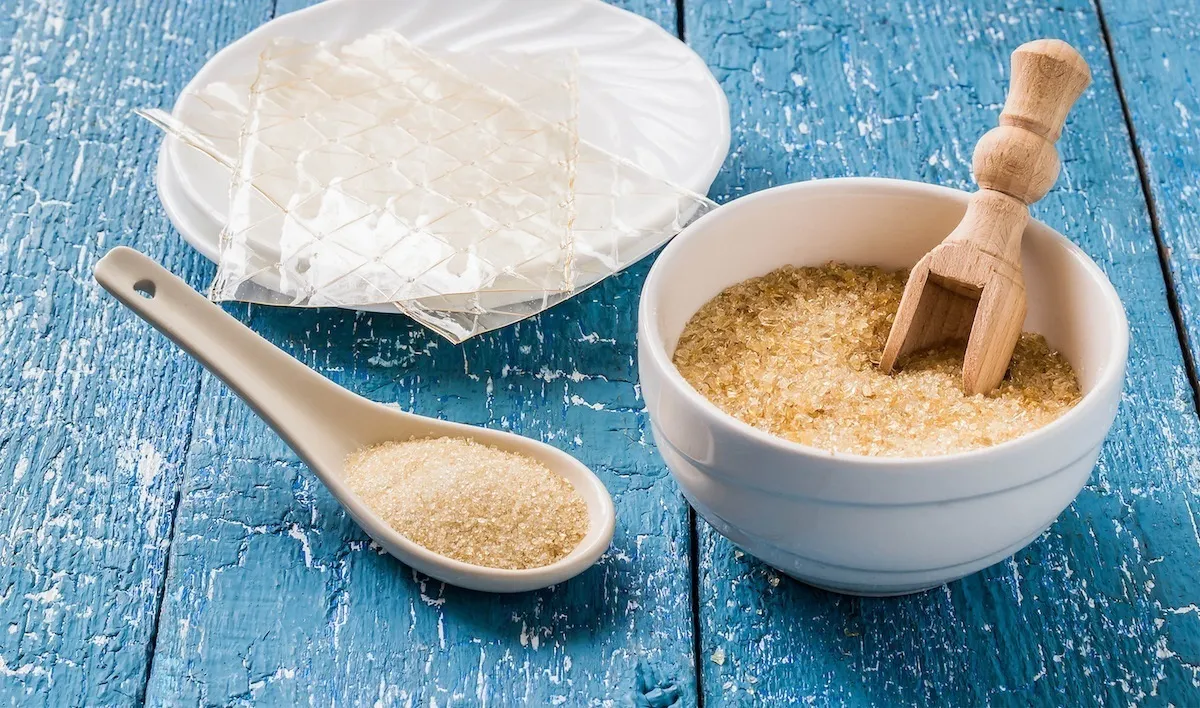Iranian Experts Produce Gelatin from Waste of Poultry Slaughterhouse

“Recently, there has been a significant interest in the world to use natural materials and food to encapsulate different bioactive compounds, and for the first time in our company, gelatin nanoparticles from poultry gelatin to stabilize picking emulsion made with fish oil and orange oil containing lycopene was used in water and compared with bovine gelatin nanoparticles,” Ahmadreza Abedinia, the managing director of the company stationed at the growth center of Islamic Azad University’s Damqan branch, told ANA.
“Low cost, abundant availability, reduction of waste and prevention of biological pollution of the environment, novelty of the raw materials and the ability to be widely used in a variety of food and pharmaceutical products like syrup, drinks, cakes, bread, dairy products (ice cream, yogurt, milk, butter, etc.) ) is among the advantages of using the gelatin taken from poultry slaughterhouse waste,” he added.
Noting that the non-mammalian sources contain significant amounts of gelatin that closely resemble the desirable physicochemical, functional, and sensory characteristics of mammalian gelatins, Abedinia said, “Our product does not create concerns we have about the mammalian gelatins, and it can be used to make four other products, including pharmaceutical gelatin, food gelatin, gelatin modified for different applications and primary gelatin for nanoparticle gelatin.”
In a relevant development in June, another technological company in Iran had also succeeded in producing gelatin and pectin from the waste of seafood and citrus fruits which have application in the food, pharmaceutical and military industries.
“Gelatin production from the waste of marine products in various blooms is used in all food, pharmaceutical and military industries, and this gelatin powder was produced as a pilot project in the laboratory of Islamic Azad University’s Ayatollah Amoli branch,” Peyman Aryayee, an associate professor and faculty member of the Islamic Azad University’s Ayatollah Amoli branch and the director of the food industry department and head of the incubator center of the University, told ANA.
“We have also succeeded in producing pectin from citrus waste which is produced from the plant gelatin structures found in fruits and vegetables,” he added.
“We launched an industrial unit for the production of gelatin from fish skin for the first time in the country, although this gelatin is in the pilot phase and has successfully passed the laboratory phase,” Aryayee said.
4155/v





















